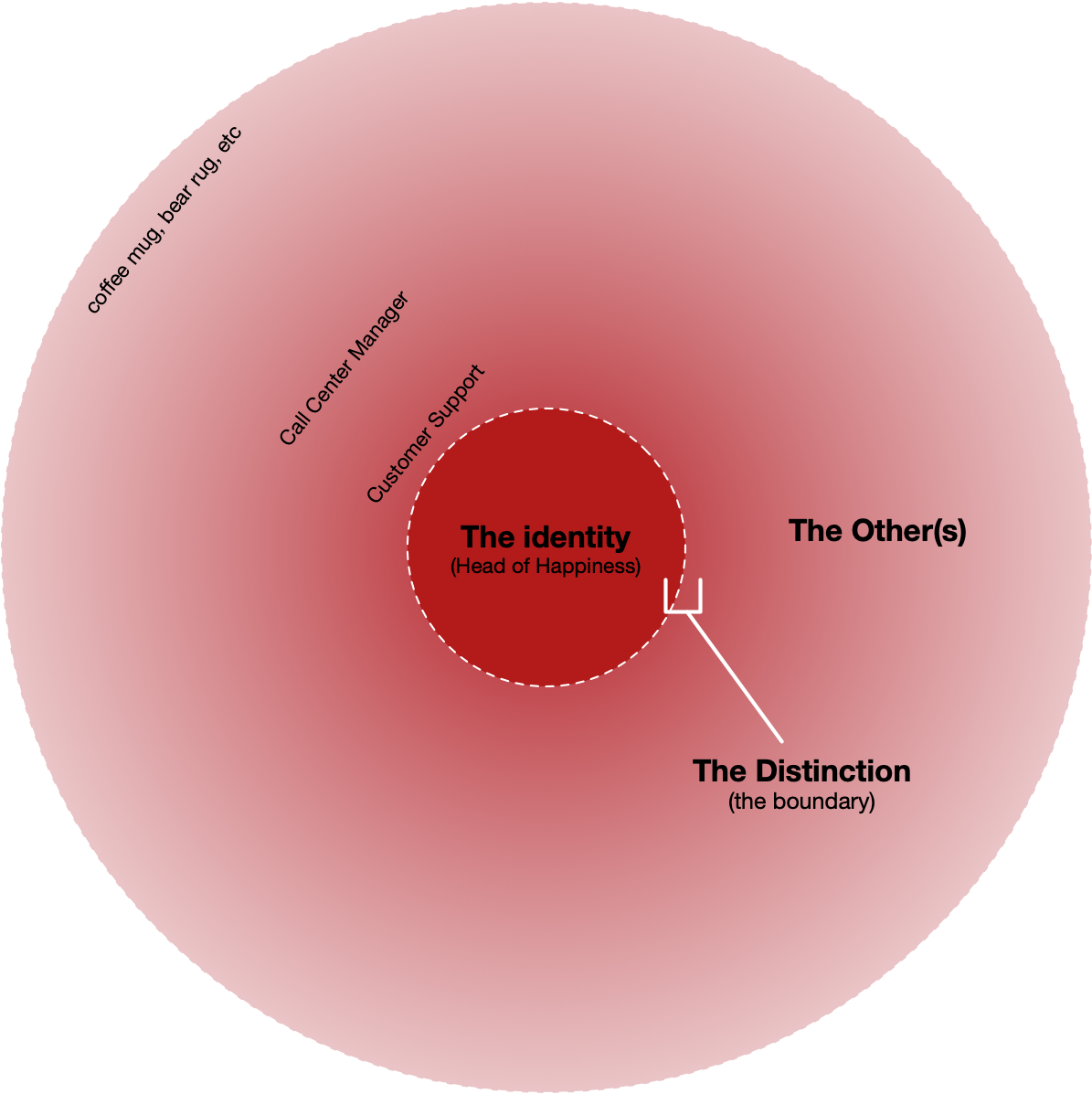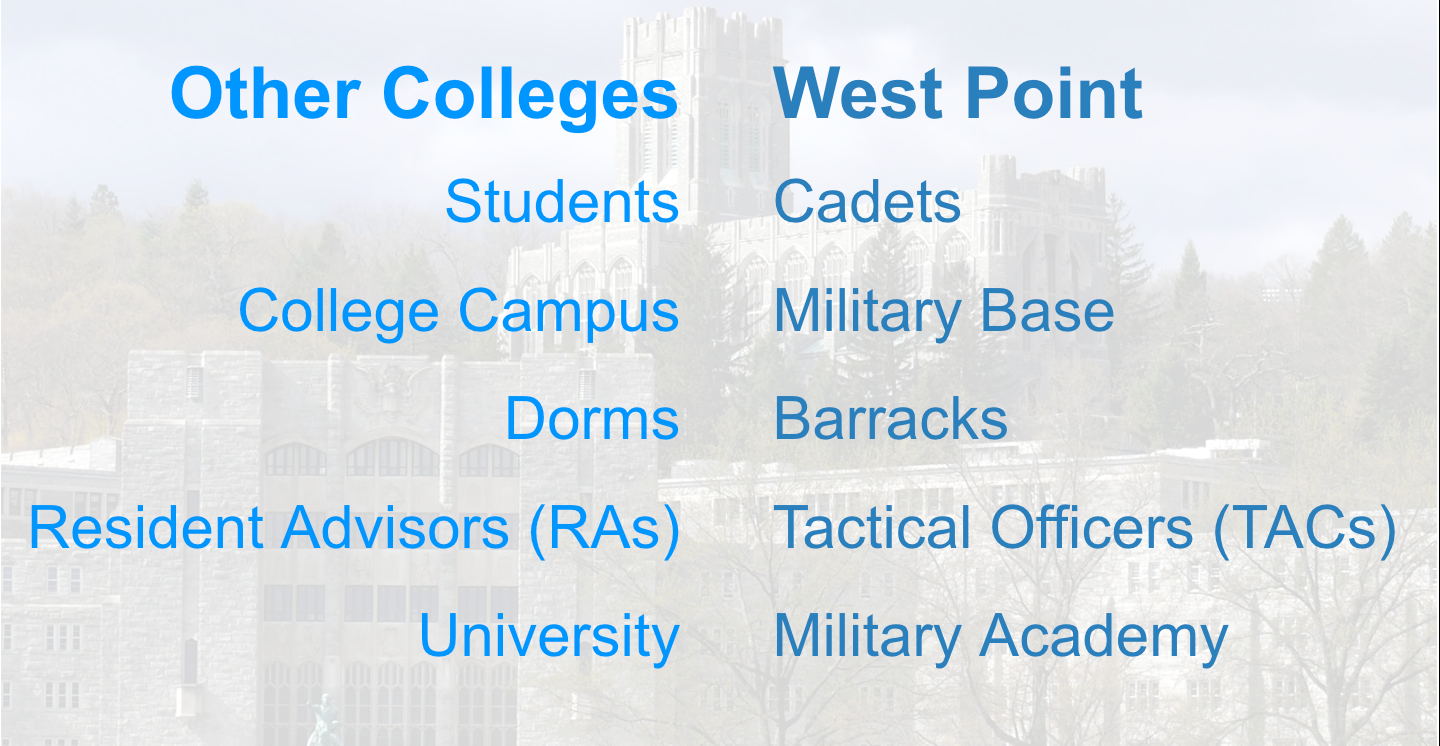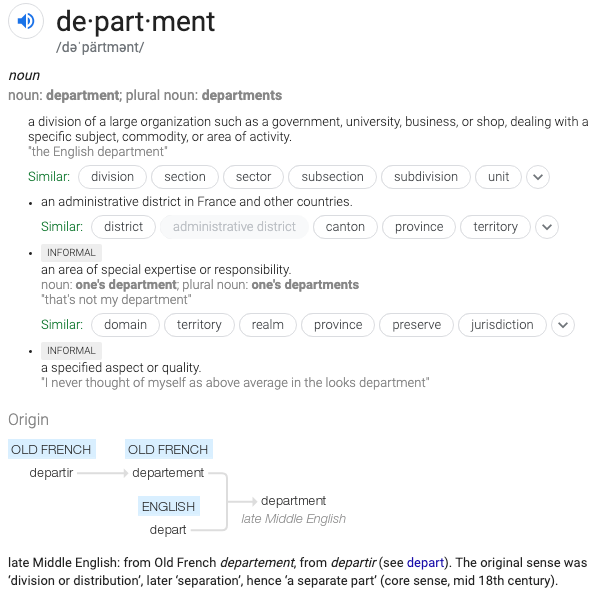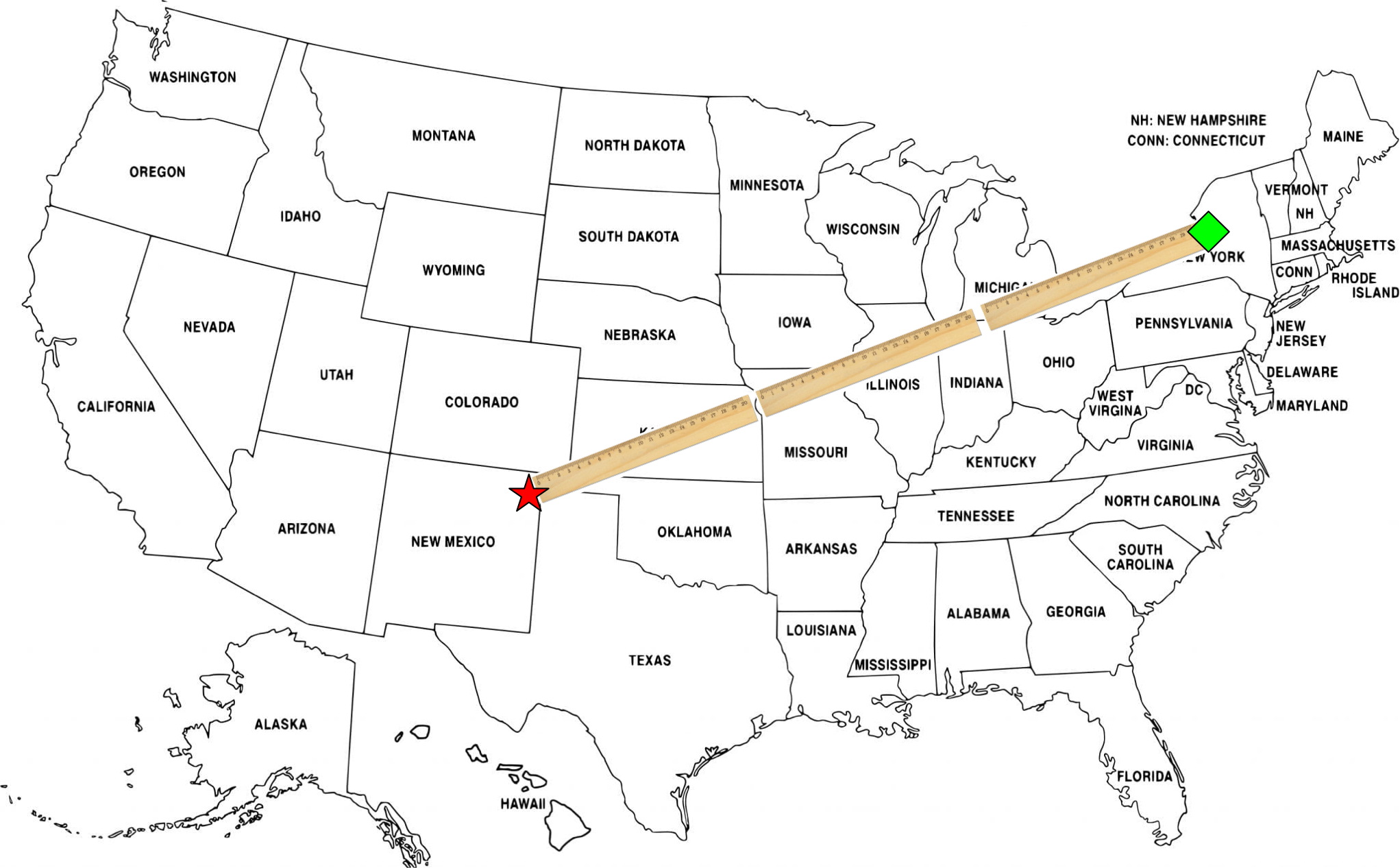Head of Happiness
I recently received an email from the "Head of Happiness" at ghost.org and it actually made me smile. Of course, it also helped that the words she used to describe her role were in alignment with her behavior (which has been prompt and helpful).
Distinctions matter. And, we're making distinctions that matter all the time.
Distinction making is a universal cognitive pattern of thought. We are doing it all the time. The structure of every distinction we make is identity/other. In other words, the term we use to describe the distinction (and its subsequent meaning) is the identity--like the "ID" for that distinction. So, when we use the label, "Head of Happiness" we are making a distinction where the identity is "Head of Happiness." So, what is the other? The other is all the labels that "Head of Happiness" is not, including some that are very close to it but not quite it (e.g., Customer Support) and others that are farther away (e.g., Call Center Manager) and still others that are extremely far afield (e.g., coffee mug, bear rug, etc.).

Distinctions are critically important. The labels, and the meaning behind those labels matter. If your job is labeled "Head of Happiness" how do you think that might change your actions and behavior, on a daily basis? How much does that distinction change the way you go about your job?
Let's take a look at another set of distinctions that matter. In an email from the USMA at West Point Superintendent, Maj. Gen. William J. Lennox, Jr., to the Staff and Faculty he extolled the importance of the distinctions that distinguish West Point from other colleges and universities. He wrote:
West Point does not educate students, it develops cadets.
West Point cadets do not live in dorms, they live in barracks.
At West Point dorms are not run by Resident Advisors (RAs), barracks are led by Tactical Officers (TACs).
West Point is not a campus, it is an Army base.
West Point is not a University, it is Military Academy.
Why would the Superintendent and Maj. General of the USMA be focused on what are seemingly such simplistic distinctions? Aren't there more pressing things for him to be spending his time on? The answer is no. While these may seem like simplistic distinctions, they are the bedrock of what makes West Point what it is. Superintendent Lennox was concerned about some of the trends he was seeing and he was calling for a reset back to basics. To do this, he got clear about the distinctions that make a difference.

Let's take a look at one more example, so that you can see how the distinctions we make matter in real life. One of the things we do when starting or organizing a company is consider its departments. But, one of the number one complaints we hear from Fortune 100 CEOs is that there are too many silos! Maybe the two--departments and silos--are related? A look at the etymological history of the term is revealing.

late Middle English: from Old French departement, from departir (see depart). The original sense was ‘division or distribution’, later ‘separation’, hence ‘a separate part’ (core sense, mid 18th century).
To create departments is to separate. We get silos because we separated people at the outset. That's not to say we don't need to create some kind of part-whole organization in our business, but we also need to account for these boundaries that are derivative of these decisions. There are countless simple things you can do to decrease silos.
One last example of distinctions. You might consider naming one of those departments you create, "Human Resources." But think for a bit what that communicates. It says you think humans are resources of your company. Perhaps, it speaks to how you might treat them. Most importantly, it is a label that indicates a mental model that is out of touch with reality. Most humans (employees) don't wake up every morning and think to themselves:
"Boy, I just can't wait to be utilized as a resource today!"
.png?width=150&height=150&name=CRL%20GOAT%20Logo%20(4).png)


